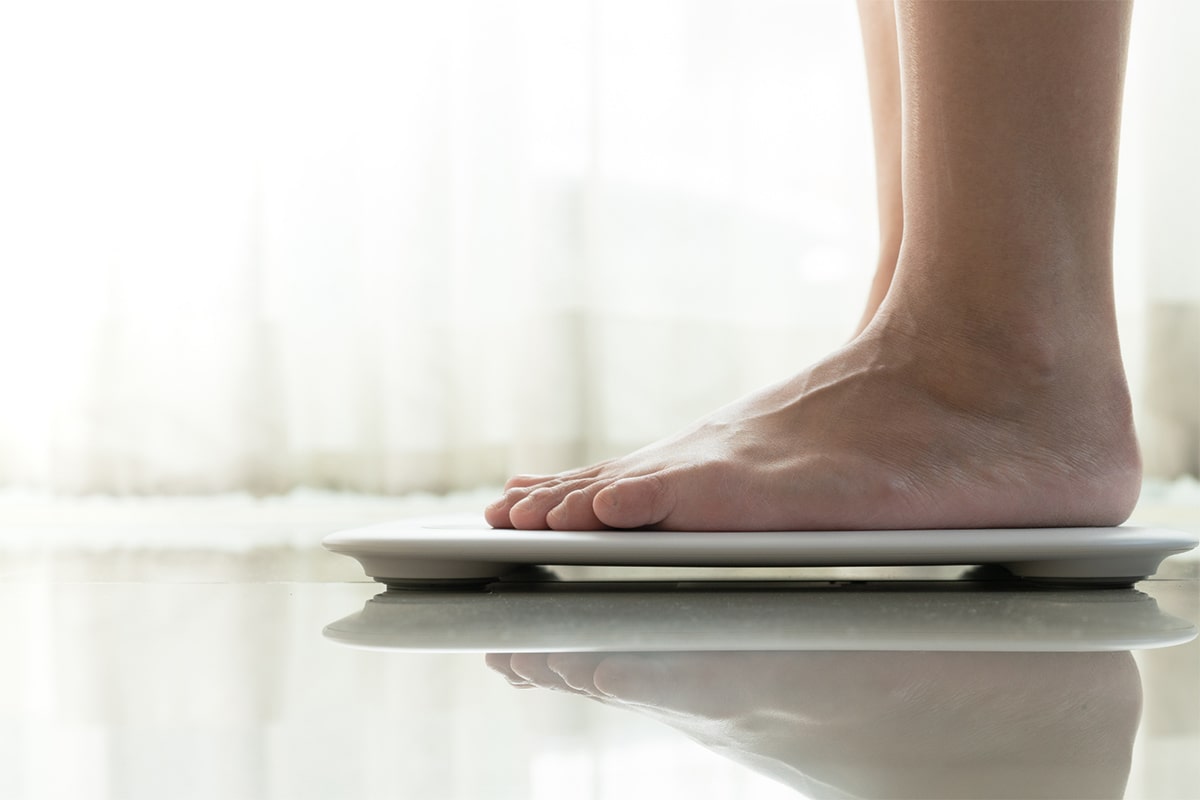Brain Fog: Is it Menopause, Midlife, or Stress?

You are usually as sharp as a tack. Clear thinking, organized, never missing a beat. Yet now, seemingly out of the blue, your thoughts feel sluggish and you start to feel hesitant and indecisive. Could this be another symptom of menopause?
Is Menopausal Brain Fog Real – Or Am I Losing It?
Whether you call it brain fog or fuzzy thinking, it’s all real—and very common around menopause. Over 60% of women report cognitive difficulties during the menopause transition.
A 2012 study measured the cognitive challenges faced by peri- and postmenopausal subjects. Issues with “working memory” created problems with a wide range of tasks that require someone to take in new information and manipulate it in their heads. The study subjects also had difficulty staying focused on challenging tasks.
Previously simple tasks like calculating a tip, adapting to a change in schedule, and completing work reports were much more difficult than they had previously been.
What Does Brain Fog Feel Like?
It’s easy to dismiss symptoms of brain fog as the result of being busy, tired and stressed. However, struggles with memory, focus and problem-solving can start to become a much larger issue. You might be noticing that:
- Words escape you in conversation
- You have new troubles with mental math
- You’ve started to read less because you have issues following a complex plot line
- You can’t find your keys!
Most of all, you might start to feel worried that these are signs of more serious cognitive changes like dementia.
The good news is that menopause-related brain fog is temporary, self-resolving, and does not appear to be linked to an increased risk of dementia. Unless you have a family history of young-onset dementia (before age 65), cognitive difficulties during menopause are not a sign of a longer-term issue.
What Causes Brain Fog
Menopause-related brain fog can happen in the absence of other symptoms. However, poor sleep, hot flashes, depression, and anxiety appear to make these cognitive changes worse.
In addition to the major influence of sleep and mood, you may also want to consider the impact of these other factors:
- Dietary sensitivities such as dairy, tree nuts, and gluten
- Medications, including over-the-counter options like antihistamines
- Alcohol
- Dehydration
- Elevated blood sugar levels
- Thyroid disorders
- Stress
Tips for Lifting the Fog
Because there is no one cause of brain fog, there isn’t a single set of recommendations to alleviate it. The best plan of action for you depends on the factors that influence your experience.
While hormone changes are a major cause of brain fog around menopause, there is not yet evidence that hormone therapy improves cognitive function.
Sleep Disturbance
If you’re struggling with major sleep disturbances, it’s worth directing your effort into healthy sleep hygiene habits as well as addressing contributors like night sweats, anxiety and breathing issues. Exercise and nutrition are also powerful tools to improve sleep.
Hot Flashes & Night Sweats
Diet, exercise and mindset can all influence the frequency and severity of hot flashes and night sweats. You may also be a good candidate for menopausal hormone therapy (MHT) or non-hormonal medication to get relief.
Mindset & Lifestyle
- Meditation and mindfulness practices can decrease depression and other symptoms associated with cognitive challenges. Explore Midday’s Wellness library for menopause-specific audio tracks that offer a range of mindfulness approaches from body scans to guided imagery.
- Harness the power of antioxidants in food to keep your brain and body healthy. Find antioxidants and healthy omega-3 fatty acids in a range of delicious foods. Read more in the articles attached below.
- Don’t forget to exercise! There is a wealth of evidence that exercise improves cognitive function in the short term and protects against dementia in the long term.
When it comes to banishing brain fog and boosting brain health, lifestyle changes can move the needle. Start exploring new ways of eating, moving, and reducing stress and anxiety. The payoff will be a clear mind and a healthy body!
Sign up for more unique women’s health content
By submitting this form, you agree to the Lisa Health Privacy Policy and Terms of Use


